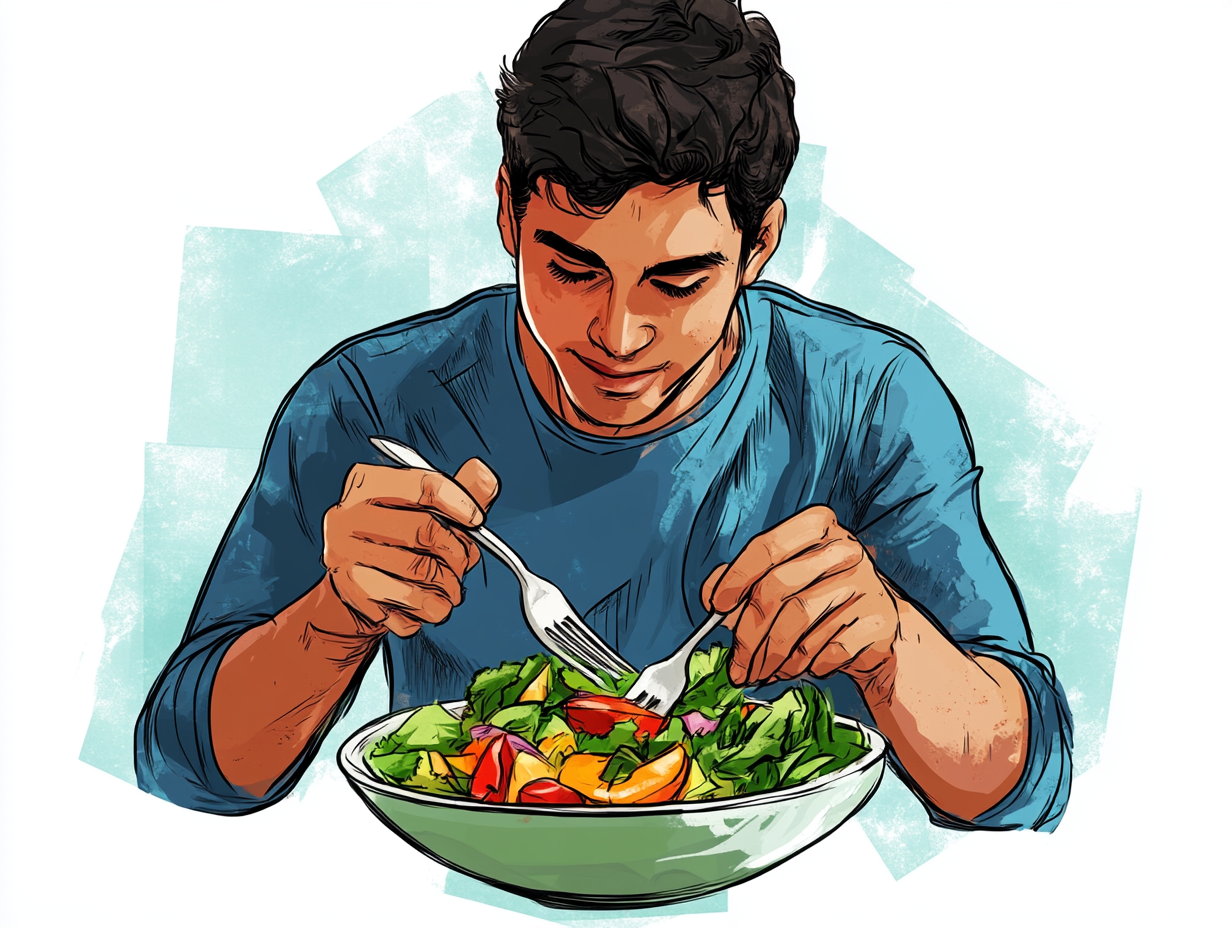There’s nothing worse than a stomach ache when you’re trying to relax by the ocean or be present at an off-site meeting
There’s something about travel that makes us want to indulge. Your diet may consist of green juices, smoothie bowls and raw desserts, but once you step on a flight, all bets are off. From overindulging at the breakfast buffet to having one too many drinks when you’re at the hotel bar, it’s easy to tip the scales on vacation.
“Eating whatever we want only when we travel doesn’t count anymore; we have to be vigilant about what we eat pretty much all the time,” says Dr Kiran Kaur Sethi, Delhi-based integrative skin, aesthetic and wellness expert. Delhi-based nutritionist Lovneet Batra, who has consulted with Indian teams during the Commonwealth Games, highlights the vicious circle of poor eating. “We eat high-sodium airline food, and drink less water because we don’t want extra visits to the restroom, which together is a recipe for disaster. It’s no wonder most people are bloated after flights,” she points out. And the flight is just the beginning. Grabbing a bar of chocolate to stay awake after a long journey or bingeing on coffee the next morning to beat jet lag can all contribute to poor gut health. This can lead to bloating, gas and an uncomfortable feeling that can interrupt your focus if you’re travelling for business, or put a damper on your fun if you’re on a break.
Common travel mistakes
There’s something about flights that makes us want to break all health rules—watch one movie after another till our eyes hurt, eat a bag of whatever overstimulates the taste buds, oh and not even bother about hydration or posture. All this puts the body into a fight or flight situation, leaving it inflamed and stressed out.
Batra recommends that you avoid eating during long flights. “It sounds difficult to practice, but you can do your 16-hour intermittent fast when you travel,” she says. “Eat a potassium-based fruit like a banana when you take off, and have a cup of yoghurt on landing to revive good gut bacteria.” She explains that intermittent fasting not only helps with gut health, but also combats jet lag. “Make sure you drink a lot of water on flight to keep the electrolytes in balance,” she adds.
If you’re travelling by road, driving on an empty stomach might leave you feeling nauseous. Doctors suggest eating a light meal that is low in fat and acid to avoid the discomfort.
The best foods to eat when travelling
If you have a tendency to overindulge, Dr Sethi advocates avoiding fruit and fruit juices altogether during travel. “If you’re indulging in too many glasses of wine, refined carbs or desserts, then you already have too much sugar in your system. You don’t need more,” she explains. That bottle of fruit juice or bowl of fruits may make your gut more acidic and inflammatory. If you are prone to acidity and inflammation, Dr Sethi recommends you cut dairy out too. “Nuts, seeds, or 70-80 per cent dark chocolate sweetened with stevia are a good idea if you want to avoid fruit and dairy,” she advises.
Most people tend to avoid carbs while travelling, preferring a dinner with some protein like fish or meat, raw salad and maybe a glass or two of wine. Sounds healthy enough right? Wrong. “Pure protein for dinner kills gut health—in fact the combination of meat, salad and alcohol, is a recipe for acidity and bloating,” says Batra. She proposes these proportions for lunch and dinner. “For lunch the proportion of veggies to carbs is 2:1, for dinner, the proportion of carbs and protein is 1:1.” She also recommends that you switch to cooked vegetables for dinner, since they are easy to digest. “One last suggestion would be to opt for rice whenever you can, because then you will be eating a whole grain instead of refined flour in breads, pastas, pizzas or even naan,” she adds.
The fibre factor
“Constipation is a huge factor when we travel,” says Batra. “It’s always a good idea to carry a good quality source of fibre instead of a supplement like psyllium husk.” She suggests unsalted roasted chana as a snack, four to five prunes at night before bed, and half a tsp of coconut oil with a cup of warm water as soon as you wake up in the morning.
The problem with probiotics
Both Sethi and Batra aren’t too enthusiastic about probiotic supplements. “I’d rather you eat fermented foods or yoghurt to add the necessary good bacteria, instead of a supplement,” says Batra. For Sethi, the problem lies in the fact that there are many different types of gut issues and a general probiotic may, in some cases, make gut symptoms worse. “Specifically if you have SIBO—small intestine bacterial overgrowth—probiotics that commonly contain lactobacillus and bifido bacteria will make the symptoms worse, because these two are the bacteria that are overgrowing in the small intestine,” explains Sethi. “So you have to be careful with probiotics; the right combination of good bacteria depends from case to case.” She recommends a prebiotic supplement instead. “This will provide food for the good bacteria.”
Soothing spices
“Spices such as jeera (cumin) and ajwain (caraway seeds) help while travelling,” says Batra. She recommends carrying ground, roasted seeds with you when you travel. “You can add cumin powder in yogurt or infuse it in hot water.”



